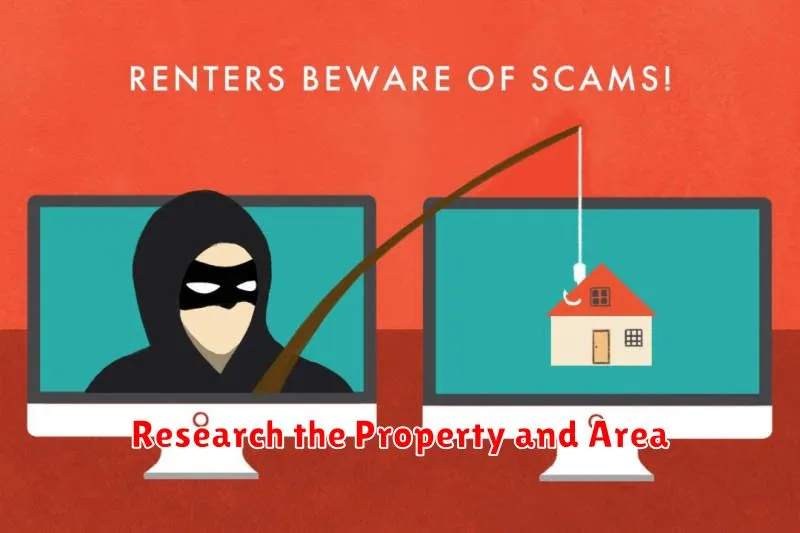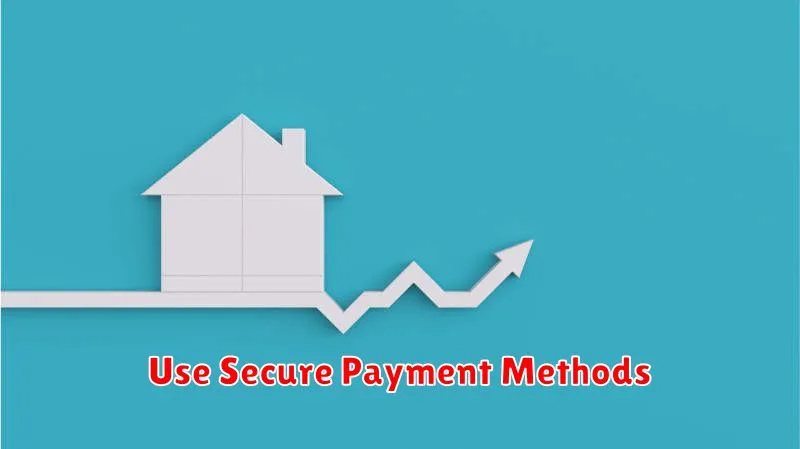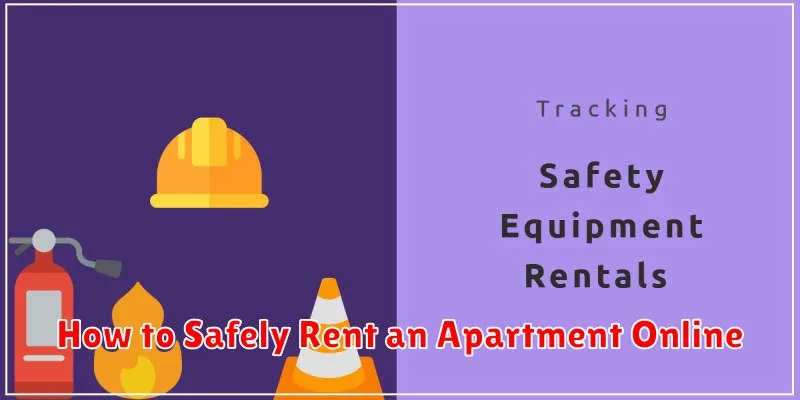Finding the perfect apartment can be a challenging process, especially when navigating the complexities of online rental platforms. Safely renting an apartment online requires careful consideration and proactive steps to protect yourself from scams and ensure a smooth rental experience. This guide provides essential information on how to safely rent an apartment online, covering key aspects from verifying listings and landlords to securing your personal information and understanding your lease agreement. Whether you are a first-time renter or a seasoned tenant, understanding the nuances of online apartment hunting is crucial for a successful and secure tenancy.
This comprehensive guide will equip you with the knowledge and tools necessary to safely rent an apartment online. We’ll delve into critical steps such as recognizing red flags in listings, conducting thorough background checks on landlords and properties, and understanding your rights as a tenant. By following these crucial steps, you can confidently navigate the digital landscape of apartment rentals and find your ideal home without compromising your safety or financial well-being. Learn how to safely rent an apartment online and embark on your rental journey with confidence.
Verify the Rental Platform
Before embarking on your online apartment search, it’s crucial to verify the legitimacy of the rental platform you’re using. A reputable platform significantly reduces the risk of encountering scams or fraudulent listings. Look for established platforms with a strong track record.
Scrutinize the platform’s security measures. Does it offer secure payment methods? Are user reviews and ratings readily available? A trustworthy platform prioritizes user safety and transparency.
Research the platform’s policies regarding scams and fraudulent listings. What protections are in place for renters? How does the platform handle disputes? Understanding these policies is essential for a safe and secure rental experience.
Look for Red Flags in Listings
When browsing online listings, be vigilant for red flags that may indicate a scam or an unsuitable property. Unrealistically low prices for the area are a major warning sign. If it seems too good to be true, it probably is.
Pay close attention to the listing details. Vague descriptions, lack of photos, or an insistence on communicating outside the platform should raise suspicion. Requests for money upfront before seeing the property in person is another significant red flag.
Reverse image search the photos to see if they are used elsewhere, potentially indicating a fraudulent listing. Be wary of landlords who pressure you to rent quickly or who avoid answering specific questions.
Request a Video Tour or Inspection
In the realm of online apartment hunting, a virtual tour or live video inspection is paramount. This allows you to verify the property’s condition and confirm that it matches the online listing. Request a detailed walk-through that showcases all rooms, including the kitchen, bathroom, and any outdoor spaces.
If a live video tour isn’t feasible, request a pre-recorded video showcasing the same level of detail. Pay close attention to the video quality and ensure it provides a comprehensive view of the apartment.
If possible, consider scheduling an in-person visit once you’ve narrowed down your options through virtual tours. This provides the most accurate assessment of the property and the surrounding neighborhood.
Research the Property and Area

Thoroughly researching the property and surrounding area is crucial for a safe online rental experience. Verify the address exists and the property’s description is accurate. Look into the neighborhood’s safety, amenities, and proximity to your needs like work or school.
Use online mapping tools to get a feel for the area. Check for nearby public transportation, grocery stores, and other essential services. Researching crime statistics for the neighborhood can provide additional insights into safety.
Check Landlord Credentials
Verifying your landlord’s credentials is a crucial step in ensuring a safe and secure rental experience. A reputable landlord will be transparent and forthcoming with information.
Start by confirming their ownership of the property. Public records can often provide this information. If they are a management company, verify their legitimate business registration.
Look for online reviews and testimonials from previous tenants. This can give you valuable insight into their management style and responsiveness.
Avoid Upfront Payments
One of the most critical aspects of safely renting an apartment online is avoiding large upfront payments before signing a lease and physically inspecting the property. Scammers often pressure potential renters to send money quickly, promising to hold the apartment.
Be wary of requests for deposits, first month’s rent, or application fees before you’ve verified the legitimacy of the listing and landlord. A legitimate landlord will typically require a background and credit check, but these usually involve a smaller, reasonable fee. Never send money via wire transfer or untraceable methods.
Insist on meeting the landlord or property manager in person to tour the apartment and confirm its availability. This allows you to verify the property’s condition matches the online listing and ask any necessary questions.
Understand the Lease Before Signing
Before electronically signing any lease agreement, thoroughly review every clause. Understanding the terms is crucial to avoid future disputes. Pay close attention to the lease duration, rent amount, and due date.
Scrutinize clauses related to maintenance responsibilities, pet policies, and any associated fees. If something is unclear, seek clarification from the landlord or property manager. Don’t hesitate to ask for adjustments if certain terms are unacceptable. A lease is a legally binding contract, so comprehension is key.
Use Secure Payment Methods

When paying for application fees, security deposits, or rent online, prioritize secure payment methods. Avoid using wire transfers or sending cash, as these methods offer little to no recourse if something goes wrong.
Credit cards often provide fraud protection and allow you to dispute charges if necessary. Online payment platforms with buyer/renter protections are also good choices. Ensure the platform is reputable and offers secure transactions.
Always double-check the recipient’s information and payment details before confirming any transaction. If anything seems suspicious, trust your instincts and hold off on making a payment until you can verify the legitimacy of the request.
Keep All Communication Records
Documenting every interaction with a potential landlord is crucial for a secure online apartment rental process. This includes saving email exchanges, text messages, and any online chat logs.
These records serve as proof of agreements, discussions about terms, and any promises made. Should discrepancies or disputes arise later, this documentation can be invaluable in resolving the issue.
Organize these records chronologically and keep them readily accessible. This proactive approach helps protect your interests throughout the rental process.
Report Fraudulent Listings
If you encounter a suspicious or fraudulent listing, it’s crucial to report it. This protects other renters and helps maintain the integrity of the online platform.
Most rental websites offer a “Report Listing” feature. This is typically located near the listing details. Provide a clear reason for your report, such as inaccurate information, suspected scam, or duplicate listing.
You can also report fraudulent activity to the appropriate authorities. This might include local law enforcement or consumer protection agencies. Documenting the listing details, including screenshots, can be valuable.

